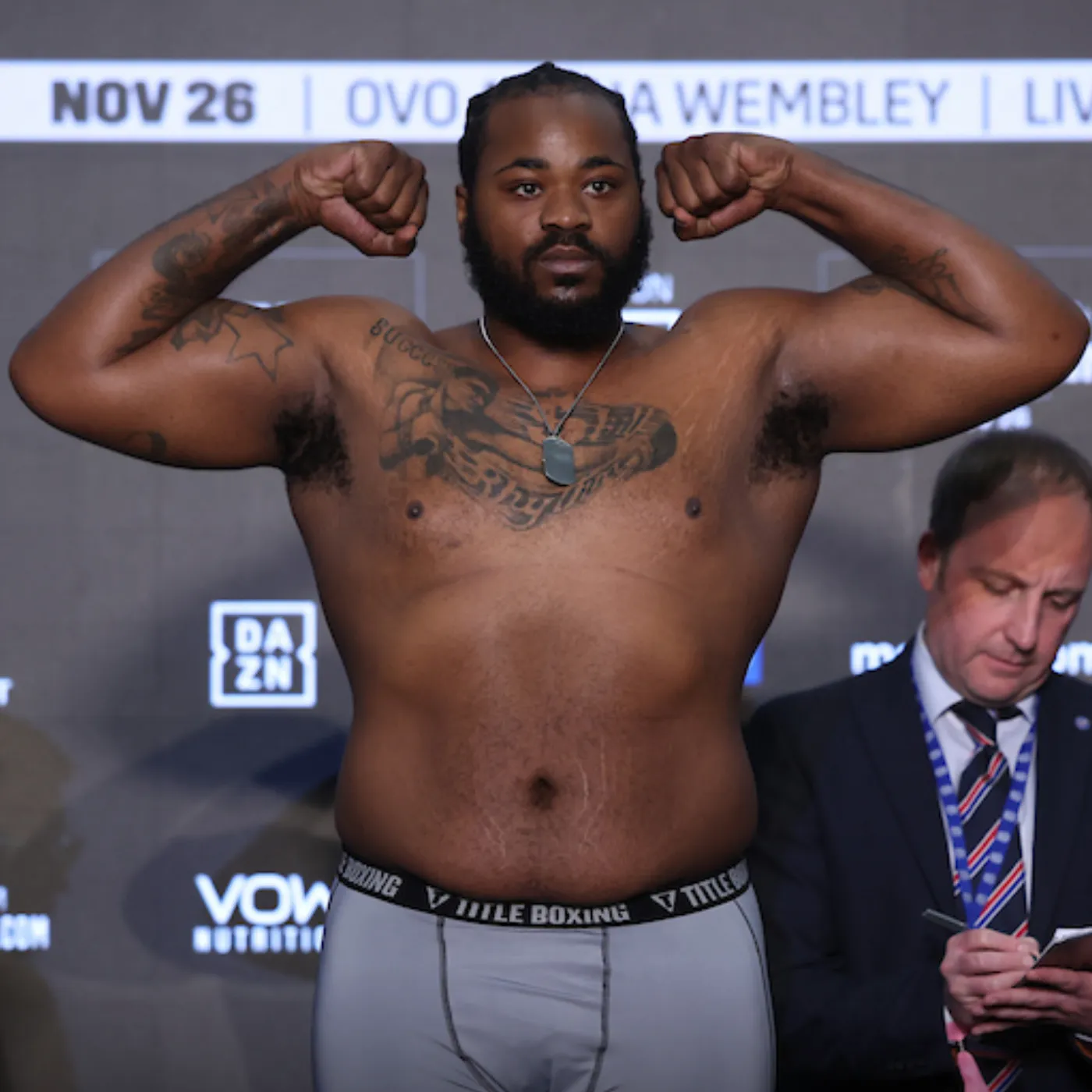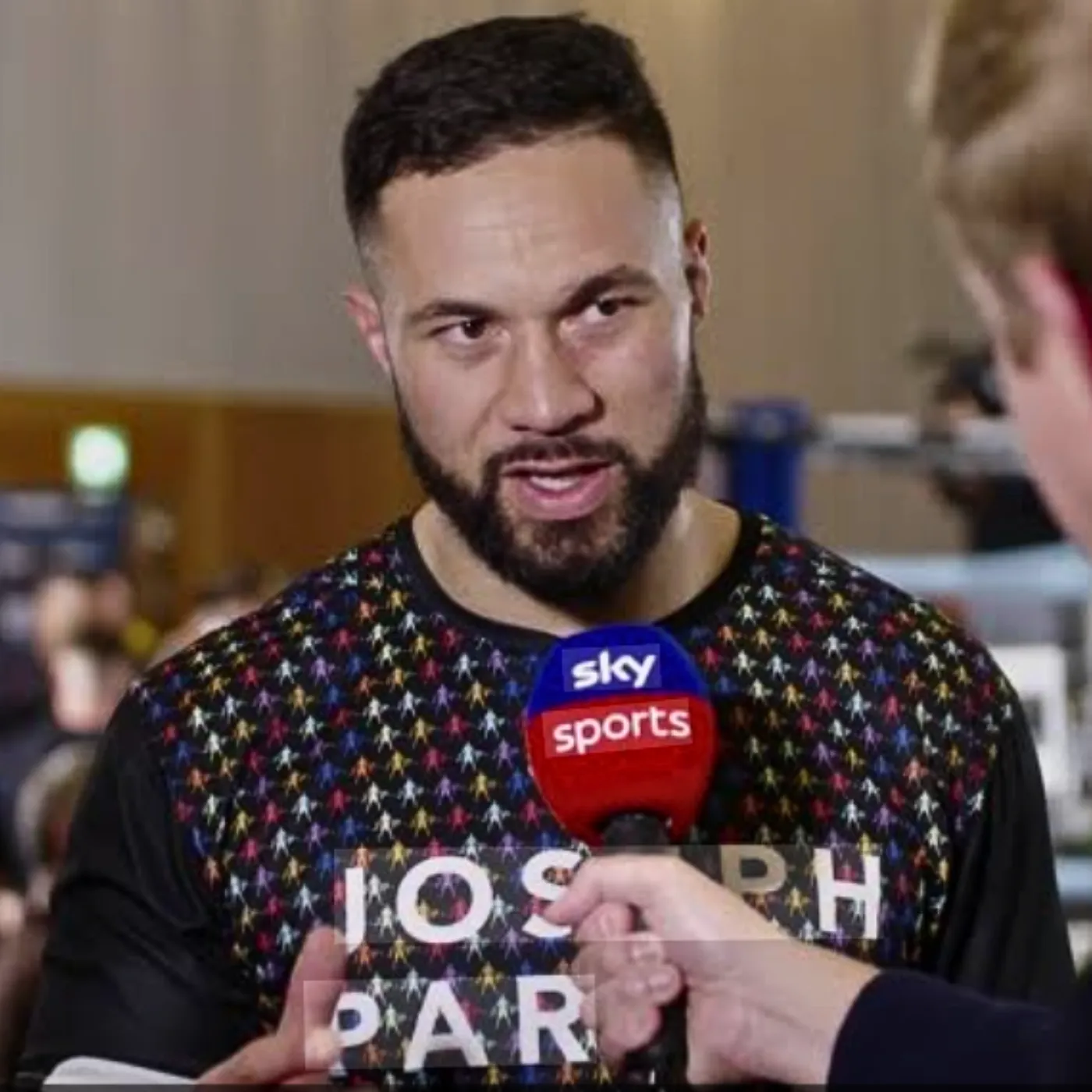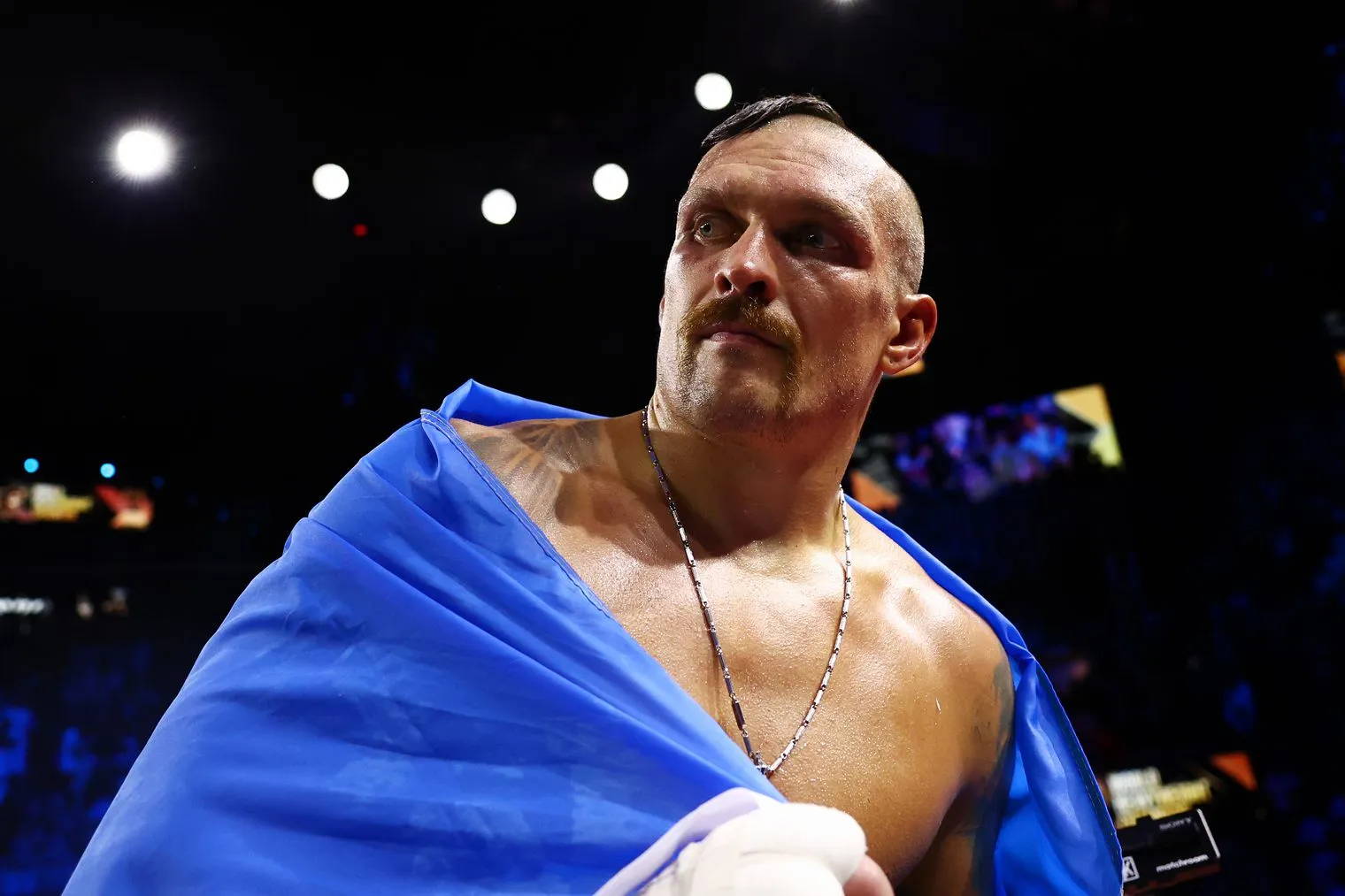

A Quiet Refusal Has Turned Into One of the Most Talked About Moments in Boxing’s Current Landscape
Moses Itauma’s trainer recently revealed that a former rival of Anthony Joshua has turned down the opportunity to face the rising British heavyweight sensation. Jermaine Franklin, who last met Joshua in April 2023, is among the names that Itauma’s camp had considered for a December fight. After backing out, Franklin’s decision has created ripples across the heavyweight division as observers evaluate the path forward for both Itauma and established names.
Franklin’s Clash with Joshua and His Return to Form
Jermaine Franklin is best known in recent years for stepping into the ring with Anthony Joshua in April 2023. That event was billed as Joshua’s comeback fight, and over twelve rounds Joshua secured a unanimous decision win, handing Franklin his second consecutive defeat. Despite the loss, Franklin demonstrated grit, durability, and the ability to last with an elite opponent. Since then, Franklin has rebuilt his momentum, notching several wins. Most recently, he appeared on the undercard of the Terence Crawford vs Canelo Alvarez event and secured victory.
Moses Itauma’s trainer, Ben Davison, stated that Franklin is not inclined to pursue a fight with Itauma before year end. Davison said that Franklin and several others are not interested in that matchup at the moment, making it difficult to finalize a serious opponent. Earlier speculation had placed Franklin among the top candidates for Itauma’s next step, given his experience and the intrigue that such a matchup might produce.

Moses Itauma The Young Heavyweight Force
Moses Itauma, age 20, has begun attracting serious attention in the heavyweight ranks. In his most recent and most eye catching performance, he knocked out Dillian Whyte in the first round, demonstrating raw power and confidence. That kind of performance further escalates expectations around his next moves. Promoter Frank Warren had earlier reported that Filip Hrgovic was the frontrunner to face Itauma, but negotiations stalled after Hrgovic reportedly priced himself out of the deal. With both Hrgovic and Franklin declining, Itauma’s team is being forced to reconsider their list of possible opponents or potentially lower the level until the right matchup emerges.
Ben Davison acknowledged the difficulty of securing top opponents at this juncture, saying that many fighters just want so much money to box him. He also suggested that if top names continue to shun Itauma, his team may have to drop down a level and try again in the new year.
Why Franklin May Be Reluctant to Take the Fight
At first glance, a fight between Jermaine Franklin and Moses Itauma seems to offer something for both sides. For Franklin, it would be a chance to reassert relevance, to face a hyped prospect and possibly score a career boosting win. For Itauma, it would offer a defined test against a seasoned, battle tested fighter.
Yet the risks in such matchups are significant. If Franklin were to lose to someone much younger and less decorated, his standing could suffer sharply. The financial terms would have to justify the danger. Franklin has suggested openness only if the money is right, but that may mean the negotiating demands have placed the fight out of reach.
In the bigger picture, experienced fighters often weigh their legacy, health, and earning potential heavily when deciding whether to accept risky matchups. Franklin’s refusal likely reflects a combination of those factors, the desire to protect what remains of his career runway, and negotiating leverage that may not have met his expectations.
The Joshua Connection and Heavyweight Narratives
Anthony Joshua remains a central figure in any conversation about these matchups, in part because of his past encounters, name recognition, and influence in promotional circles. Franklin’s clash with Joshua helped raise his profile, even in defeat. Meanwhile, Moses Itauma’s rise is measured against legends and current top names, and he is already being linked with future opponents like Oleksandr Usyk.
Because of Joshua’s reach and legacy, any perceived connection to him or any fight involving someone who has shared the ring with Joshua carries extra weight. Franklin’s decision not to accept the bout with Itauma may be interpreted by some as reluctance to be part of that narrative, or as a sign that he is still attempting to navigate the remainder of his career intelligently rather than chasing all possible fights.
Reactions and Industry Perspective
From fans and media pundits, responses to Franklin’s refusal are split. Some insist he missed an opportunity to assert relevance by beating a rising star. Others see wisdom in caution, recognizing that a misstep could derail momentum. Within industry circles, Franklin’s stance is not unusual, many veteran or mid level fighters choose to avoid taking fights unless terms clearly favor them. This choice underlines the complexity of matchmaking in boxing, especially in the heavyweight division where one high profile failure can damage a career more severely than a win can raise it.
Meanwhile, Itauma’s camp may use the rejections as a signal of respect. That fighters are unwilling to face him at his current stage can be a kind of indirect validation that he is seen as a dangerous opponent. However, the downside is that he may be forced to accept lesser opponents just to stay active, which may slow his momentum.
Strategic Matchmaking and Business Realities
In boxing, fights are seldom determined solely by competitive interest. Promoters, managers, networks, and business terms all play outsized roles. Fighters with more name value or longevity often get to dictate conditions. If Franklin’s demands or contractual requirements proved too steep, Itauma’s team would naturally shift focus to others willing to engage.
Matchmaking also must balance the need to maintain activity, protect fighters’ brands, and manage public interest. For Itauma’s team, the ideal next step is someone credible enough to draw attention but also realistic enough to negotiate terms. The fact that top names are declining complicates that calculus.
What Lies Ahead for Itauma
With Franklin and Hrgovic off the table for now, Itauma’s team must broaden their search for credible opposition. If elite names remain unwilling to accept bouts, they may need to step down to mid tier challengers temporarily, then rebuild the path upward. Davison’s comment about dropping a level in the new year suggests this is a real possibility.
Moses Itauma’s dominance in performances so far means fans and media will scrutinize his next opponent closely. He needs someone who can test him without exposing him prematurely. A wrong choice could undermine his aura of invincibility. But taking too cautious a route could stall momentum and delay bigger opportunities. It is a delicate balancing act.

Franklin and the Risk Reward in Late Career Decisions
For Jermaine Franklin, refusing Itauma signals a focus on controlling risk. He has already faced some of the biggest names and is in a phase of career management. Taking on a red hot prospect like Itauma offers upside, but also offers potential downside. The decision to walk away may be one of preservation over ambition.
In this light, fighters often wait for the moment when terms align, when the financial bonus, promotional support, and risk all tilt in their favor. Franklin may prefer waiting for that moment rather than committing prematurely.
The Broader Implications for Heavyweight Boxing
This episode is reflective of larger trends in the heavyweight boxing scene. Many young prospects struggle to land their ideal matchups because established fighters avoid risk unless compensated heavily. Meanwhile, veterans must be selective to protect both reputation and finances. The intersection of those two forces can slow career trajectories, limit fan pleasing matchups, and create gaps in the progression of talent.
The refusal by Franklin to face Itauma highlights that phenomenon. It also underscores how much weight promotional and financial terms carry. Meanwhile, Anthony Joshua remains a backdrop to many of these conversations, whether in comparisons, history, or promotional influence. As fighters like Itauma push upward, and others like Franklin decide carefully which fights to accept, the evolution of the heavyweight scene will be shaped by both athletic ambition and strategic restraint.
Conclusion Jermaine Franklin’s Refusal Shows Itauma’s Rising Threat
Jermaine Franklin declining to fight Moses Itauma is more than a single negotiation failure. It is a moment that illuminates the dynamics of risk, reward, and timing in heavyweight boxing. For Franklin, it represents a cautious, calculated choice in the later phase of a career. For Itauma, it underscores the growing respect he commands but simultaneously the challenges he faces in securing top level matchups. For fans and observers, it shows that boxing is as much about the decisions outside the ring as the punches inside it. The path forward for both fighters will depend on how wisely they navigate the intersection of ambition, risk, and business.


















